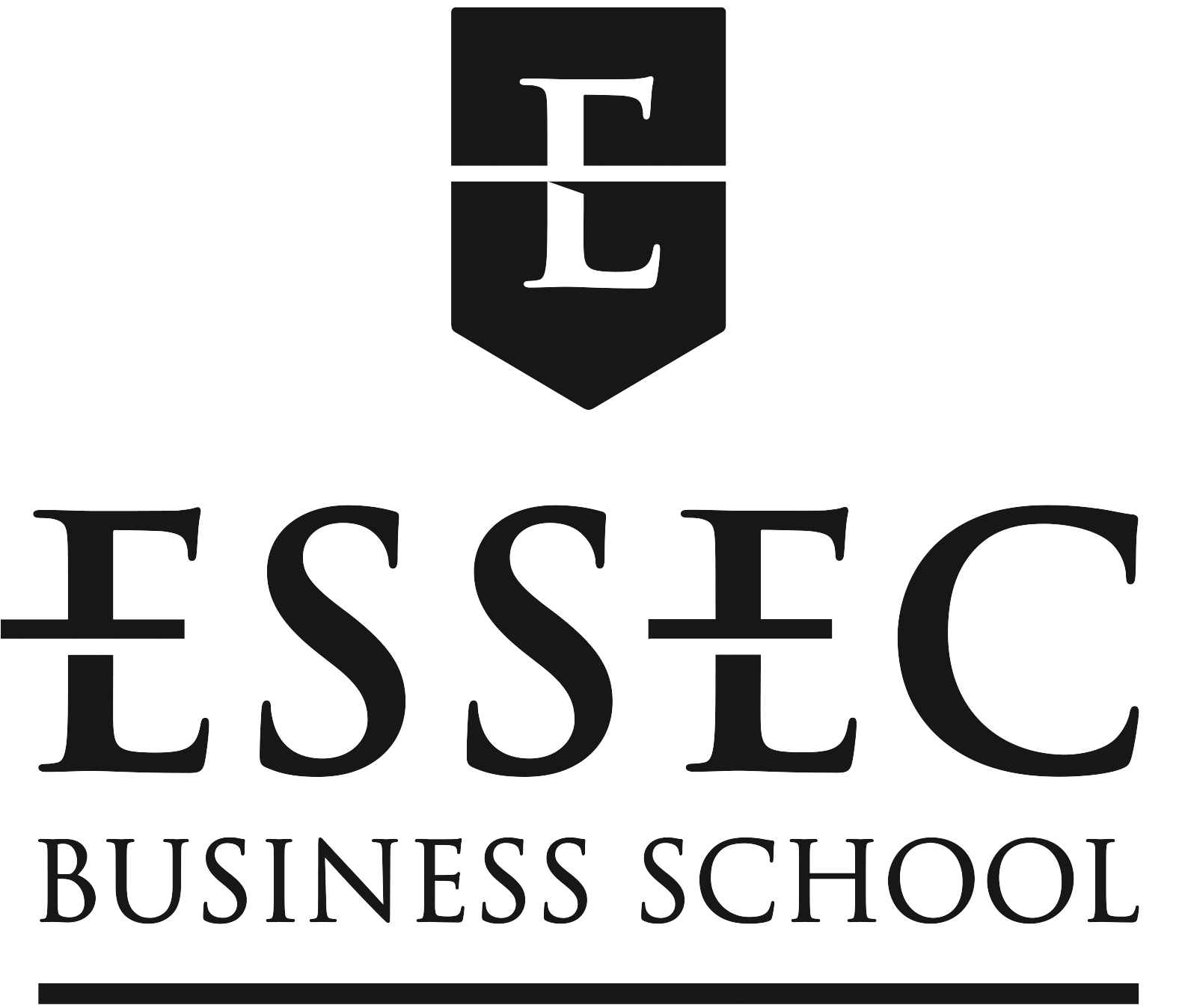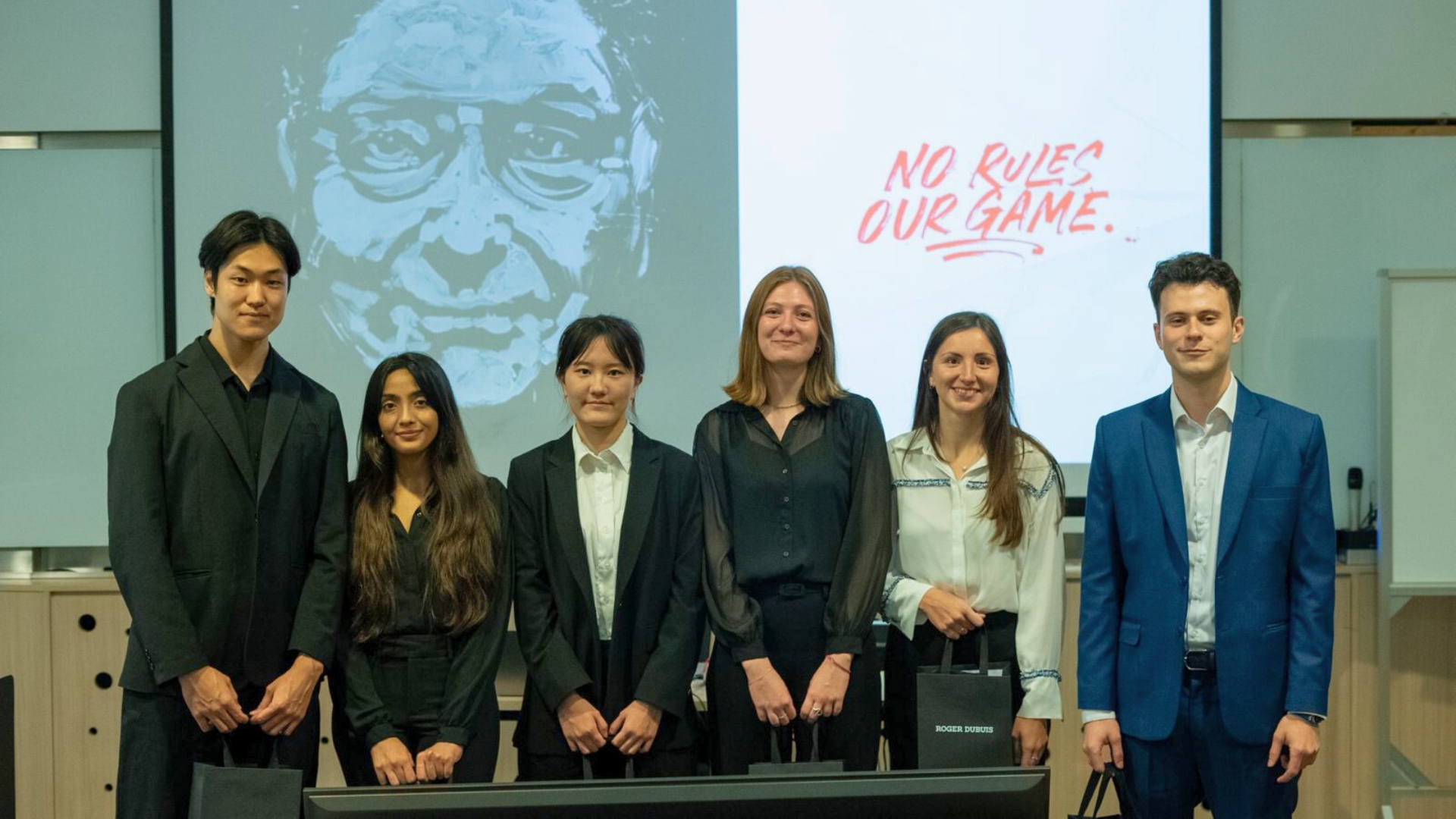- Students choose the Master in Management program to help pivot their career trajectories.
- ESSEC’s learning by doing pedagogy helps them gain industry experience.
- Starting at the Singapore campus helps ease the journey into the global world.
ESSEC Master in Management (MiM) Student Ambassadors Nikita Masurkar and Adithya Pillai from India and Shiyi Huang from China started on vastly different trajectories.
Nikita studied finance and accounting, Adithya has a degree in mechanical engineering, and Shiyi has a degree in economics.
In pursuing their dreams, they realized they wanted to pivot their career trajectories and found their way to the MIM program at ESSEC Asia-Pacific.
Attracted by Flexibility and Choice
All three individuals found the program’s flexibility particularly appealing,
“I was looking for a program where I could explore my creative side before deciding what I want to do with my future,” Nikita, who worked in the audit department at Deloitte before joining ESSEC, shares.
“There were a lot of one-year masters in management programs I applied for, but none of them were as flexible as ESSEC!”
She elaborates that this flexibility is evident in the fact that students can take up to three years to complete the program.
This would allow her to try different chairs (tracks co-sponsored by industry partners) and do international internships—giving her time to decide what she wants.
Shiyi feels similarly. Angling for a future job in consulting or finance, she sought a program that would let her explore relevant fields and gain credible work experience.
“With a three-year program, I would be able to do a one-year internship, which I felt would be more convincing for employers,” she says.
Practical Learning and Industry Exposure
Shiyi adds that MiM’s emphasis on practical application was also an appeal.
Having done a very “theoretical” undergraduate degree, she wanted a curriculum that would directly apply classroom lessons in the real world. This is where the MiM program delivers.
“Much of our grading is based on group projects that require us to go out there and conduct research instead of sitting on campus and discussing. I like that because the experiences stick,” Nikita says, citing the Junior Consulting Experience (JCE), which allows students to work as consultants for companies on real-world business issues as an example.
In addition, Adithya adds: “Our professors have also had experience working in industry before and can draw parallels from real companies and apply these to the concepts they are teaching.”
The Singapore Advantage
But with the choice between ESSEC’s Asia-Pacific and Europe campuses, why did they choose Singapore?
For Shiyi, who had previously done an exchange program in France, it was the chance to improve her command of the English Language.
“I think English is important if you want to work in the international market, and I want to be able to speak confidently and fluently,” she says.
Adithya, on the other hand, chose Singapore as his starting campus because it was close to home, and he felt it would help him ease into his global adventure.
One semester in, he has found the close-knit campus to be an advantage.
“You can get to know the entire class in a month, and because of the smaller cohort size, everyone—from teachers to my batchmates—is accommodating and helpful,” he says.
Nikita, who chose the campus for similar reasons, agrees.
“I’ve been able to make friends with people from different cultures, which might not have been as easy in a larger campus,” she says, adding that just a few months in, she already feels at home.
“That level of comfort is something you want to reach as quickly as possible when you visit a new country,” she concludes.
RELATED POSTS
Green is the New Gold: Giving SMIB Students An Edge in Sustainable Finance
Sebastian Sohn shares why sustainability matters in the Sustainable Finance course for ESSEC Master in Strategy and Management of International…
Three MiF Curriculum Features that Make the ESSEC Asia-Pacific Campus Stand Out
Student Ambassadors share how the ESSEC Master in Finance at Singapore has prepared them for the world of finance.
The MMD 2024 Digital Marketing Challenge: A Taste of the Real World
The annual Digital Marketing Challenge is arguably the biggest highlight of the MSc Marketing Management and Digital program. Student Ambassador…
Three Ways ESSEC GBBA Students Can Make the Most of Their Exchange
Student Ambassador Sagarika Majumdar and alumna Manqi Zhao share their tips.
How the ESSEC MMD Program Makes Learning Practical and Relevant
Fresh graduates need help entering the workforce, as they need more experience and have a limited understanding of the industry. ESSEC Master in…
Diversity, Community, and More Reasons Why ESSEC APAC Is the Place to Be for MiM Students
Master in Management Student Ambassadors Lucas and Nikita explain why diversity at the ESSEC Asia-Pacific campus has made coming to Singapore worth…







